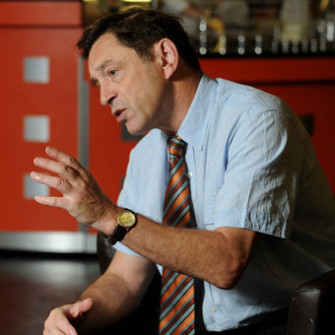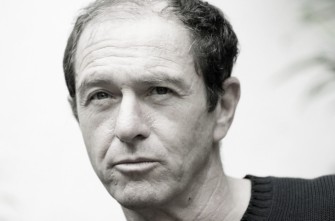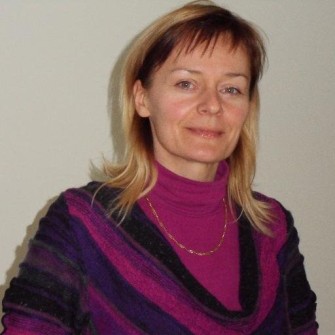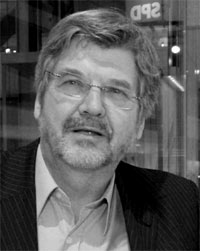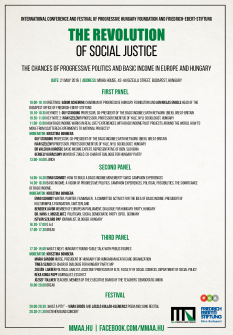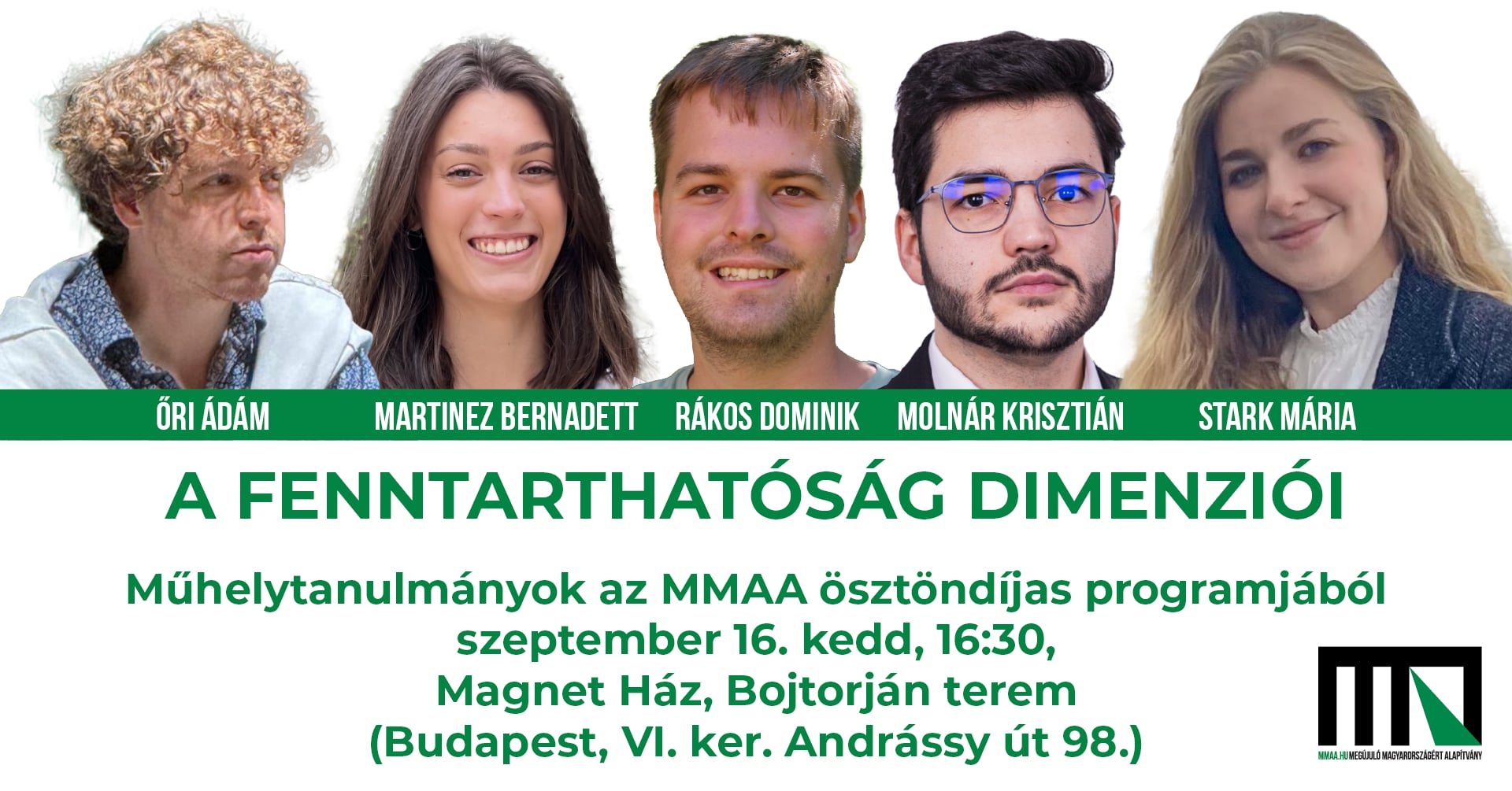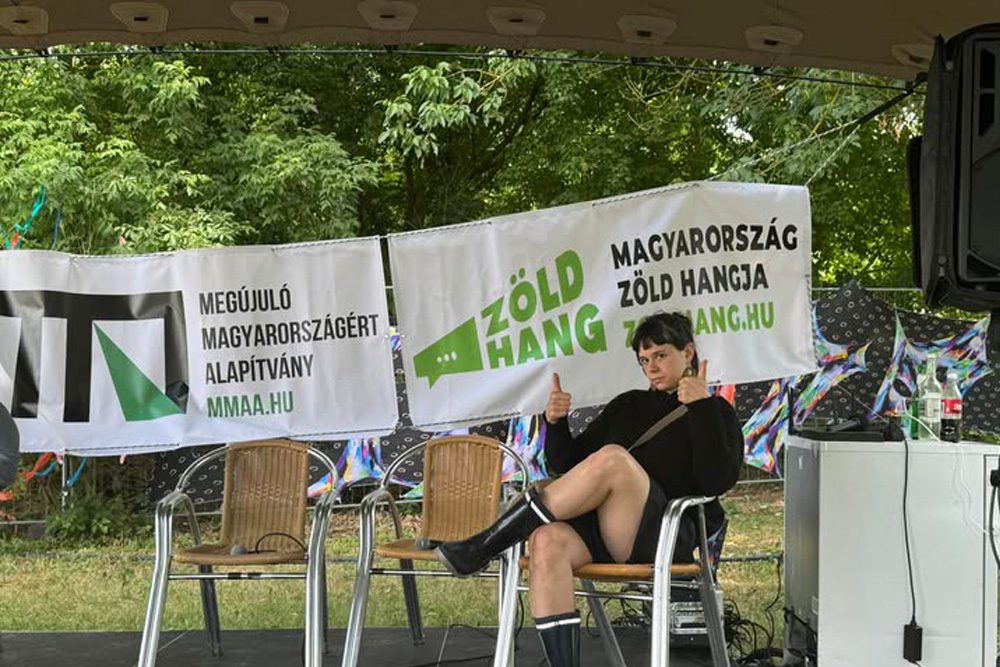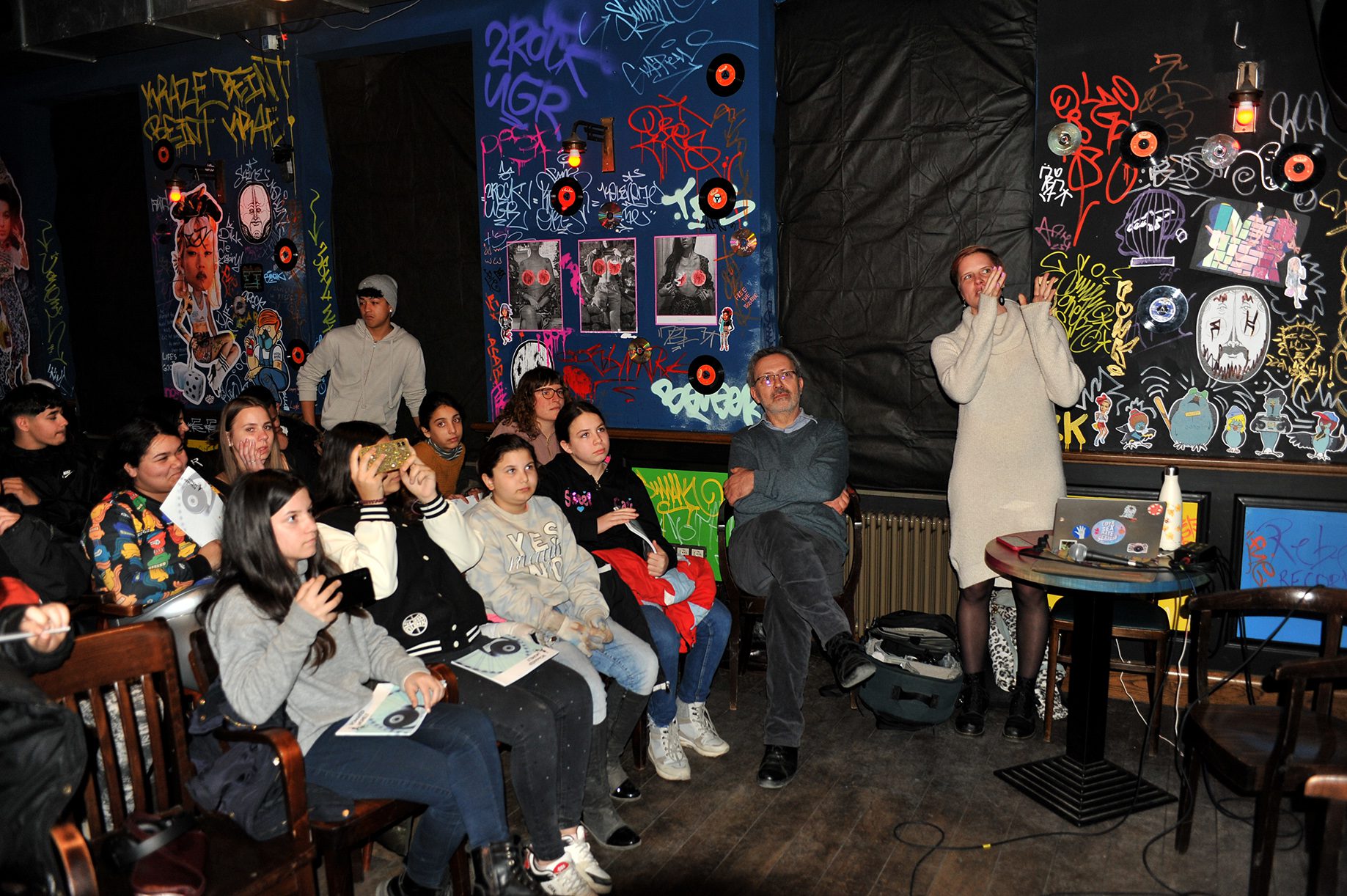THE REVOLUTION OF SOCIAL JUSTICE
The chances of Progressive Politics and Basic Income in Europe and Hungary – International conference and festival
Date: 21 May 2016, 10.00-21.30
Address: Moha Ház, 42-44 Gizella Street, Budapest, Hungary
Attandance is free of charge upon registration here: https://goo.gl/Wo2ELR
PROGRAM
FIRST PANEL
10.00-10.10 Greetings: Gábor Scheiring, chairman of Progressive Hungary Foundation and Jan Niklas Engels, head of the Budapest Office of Friedrich-Ebert-Stiftung
10.10-10.35 Keynote 1: Guy Standing professor, co-president of the Basic Income Earth Network (BIEN), Great-Britain
10.35-11.00 Key note 2: Iván Szelényi professor, professor emeritus of YALE, NYU, sociologist, Hungary
11.00 – 13.00 How basic income works in real life? Experiences with basic income pilot projects around the world. How to move from scattered experiments to national projects?
By the beginning of the 21st century changes in the structure of the global economy have fundamentally eroded the classic instruments of institutionalised solidarity. Elites have become detached from society worldwide, income and wealth inequalities have reached unprecedented levels. Although the absolute poverty rate has not increased, new forms of vulnerability have appeared that are threatening a significant part of the middle class. Basic income is much more than a mere policy proposal, it is a systemic transformation initiative making today’s political and economic systems suitable for guaranteeing a life worthy of a human being. It is not simply our moral duty, but the prerequisite for a functioning market economy and democracy. What do existing basic income initiatives and pilot projects reveal about its viability? In addition to basic income, what kinds of systemic transformations are or would be required to guarantee solidarity? How can basic income be introduced in the context of scarce budgetary resources in semi-peripheral European countries?
Moderator: Krisztina Bombera
• Guy Standing professor, co-president of the Basic Income Earth Network (BIEN), Great-Britain
• Iván Szelényi professor, professor emeritus of YALE, NYU, sociologist, Hungary
• Dr. Valerija Korošec basic income expert, representative of BIEN, Slovenia
• Gergely Karácsony, Mayor of Zugló, co-chair of Dialogue for Hungary Party
13.00 – 14.00 LUNCH
SECOND PANEL
14.05– 14.30 Enno Schmidt: How to build a basic income movement? Swiss campaign experiences
14.30-16.30 Basic income: a vision of progressive politics. Campaign experiences, political possibilities, the significance of basic income.
In the era of globalisation, the pronounced degree of inequality, vulnerability, insecurity and instability has shattered the social base of progressive politics. Indignant, disappointed and disillusioned young people, project workers with uncertain employment status and a large number of working-poors are expecting a systemic response to their situation which traditional left-wing parties cannot give them. After three decades of deindustrialisation, stagnating real incomes and increasing competition the social-democratic consensus, based on the combination of welfare state and economic growth, has lost its attractiveness. How to build a social movement to support the basic income initiative? Is there any force left in progressive politics? Social democracy has come to an end? Are the new left-wing political formations viable? Are there any alternatives to the authoritarian illiberalism emerging and growing across Europe? Is the concept of basic income suitable for laying a new foundation for progressive social and political movements?
Moderator: Krisztina Bombera
• Enno Schmidt writer, painter, filmmaker, a committed activist for the idea of basic income; president of Kulturimpuls Foundation, Switzerland
• Benedek Jávor MEP, Dialogue for Hungary Party, Hungary
• Dr. Hans-J. Misselwitz politician, Social Democratic Party (SPD), Germany
• István Szilárd Pap journalist, blogger, Hungary
16.30 -17.00 Q & A
17.00-17.30 Break
THIRD PANEL
Moderator: Kriszta Bombera
17.30-19.00 What’s next, Hungary? Round-table talk with public figures
• Mária Sándor nurse, president of Hungary For Hungarian Heath Care Organization
• Tímea Szabó co-chair of Dialogue for Hungary Party, MP
• Zoltán Lakner political analyst, assistant professor of ELTE, Faculty of Social Sciences, Department of Social Policy
• Réka Kinga Papp journalist, essayist
• József Tollner teacher, member of the executive board of the Teachers’ Democratic Union
19.00-20.00 Break
FESTIVAL
20.00-20.15 Ábris Imre, slammer
20.15–20.45 „What a pity” Virág Erdős and László Kollár-Klemencz poem and song recital
20.45-21.45 Kistehén Band concert
Registration link: https://goo.gl/Wo2ELR
SPEAKERS OF THE CONFERENCE
Guy Standing is a Research Professor at the School of Oriental and African Studies, University of London, and was previously Professor of Economic Security at the University of Bath, Professor of Labour Economics at Monash University, Director of the ILO’s Socio-Economic Security Programme (1999-2006) and Director of the ILO’s Labour Market Policies Branch.
An economist, with a Ph.D. from Cambridge University, and a Master’s Degree in industrial relations from the University of Illinois, he is a founder and co-President of the Basic Income Earth Network (BIEN), an NGO promoting basic income, with members in over 50 countries. He has been consultant to many international agencies, including the UNDP, UNICEF, World Bank, European Commission and DFID, as well as governments and trades unions. In 1995-96, he was research director for President Mandela’s Labour Market Policy Commission.
Recent books are A Precariat Charter: From Denizens to Citizens (Bloomsbury, 2014), The Precariat: The New Dangerous Class (Bloomsbury, 2011; third edition, 2016), Work after Globalization: Building Occupational Citizenship (Elgar, 2009). The Precariat has been translated into 15 languages. For some years he has also worked on pilot basic income schemes in India, with SEWA, a union representing women. This has resulted in S.Davala, R.Jhabvala, S.Mehta and G.Standing, Basic Income: A Transformative Policy for India (Bloomsbury, 2015). His latest book is The Corruption of Capitalism: Why Rentiers thrive and Work does not pay, scheduled for publication in mid-2016. Further info: www.guystanding.com
ABOUT HIS LECTURE
The Precariat: Why a Basic Income is Urgently Needed
Every European country is being affected by the fact that there is a crisis point in the Global Transformation – the painful construction of a global market economy. In the first phase, the combination of neo-liberal economics, the silicon revolution and globalisation produced the irretrievable breakdown in the twentieth century income distribution system. It also produced a global class structure in which the precariat has been the mass new class.
This presentation will define the precariat and argue that the growing inequalities and insecurities make it essential that governments move towards implementing a basic income. It will define the basic income, and consider the claims and counter-claims made by advocates and critics. It will conclude by presenting some of the main results of pilot basic income schemes in which the speaker has been involved.
ENNO SCHMIDT
Enno Schmidt was born 1958 in Osnabrück in Germany. He studied painting at the Academy of Fine Arts, Städelschule, in Frankfurt am Main. Exhibitions at home and abroad, Frankfurt Art Prize. In 1990 he founded with others the company economy and art – expands g GmbH, whose managing director he was. At Oxford Brookes University, he is a member of the Social Sculpture Research Unit. At the University of Karlsruhe, he taught courses by the Institute for Entrepreneurship.
In 2006 he founded together the initiative basic income in Switzerland together with the entrepreneur Daniel Häni in Basel. His film „Basic Income a cultural impulse” with well over a million viewers influenced the discussion aboutthe basic income. Enno Schmidt lives in Basel and works full-time for the popular initiative as a speaker, writer and filmmaker. Actual his book came out: basic income, A from to Z. Further info: http://enno-schmidt.weebly.com/
ABOUT HIS LECTURE
Enno Schmidt will talk about the actual story of how it came to a referendum on the unconditional basic income in Switzerland. This includes the Direct democracy and the right of initiative of every citizen. The idea of democracy and the unconditional basic income are equal. There is a lack of democracy today, it lacks the unconditional. The unconditional basic income raises the question of the people. As we see ourselves? And the others? The worldwide hype to a basic income has come through the scenarios of upcoming digitization. Digitalization will provide by itself a dictatorship of the digital economy. This dictatorship automatically includes a basic income for all those who are no longer employed. But the unconditional basic income can not be an automatic consequence of automation, but a parallel development to all other developments today, and the development of the basic income must come from the people, from a civil society activity. It is not the question of whether a basic income comes, but it is our job, to make it. Enno Schmidt will also talk about the financial mechanism and the financial dynamics in financing of basic income and to work and economics.
DR. VALERIJA KOROSEC
Dr. Valerija Korošec: PhD in Postmodern Sociology, MSc in European Social Policy Analysis. Author of (eng) UBI Proposal in Slovenia (2012) sl. Predlog UTD v Sloveniji: Zakaj in kako?(2010). Co-editor UBI in Slovenia (2011). Member of Sekcija za promocijo UTD. Member of UBIE. Slovenian representative inBIEN. Fields of expertise: poverty, inequality, sastifaction with life, social policy anlaysis, gender equality, ‘beyond GDP’, paradigm shift, postmodernism, UTD, basic income. Slovenian. Born (1966) and raised in Maribor. Lives in Ljubljana. Employed at the Institue of Macroeconomic Analysis and Development(Government Office of Republic Slovenia). Views under her name are of my own. @valerijaSlo.
ABOUT HER LECTURE
She will talk about experiences working as an promotor of idea BI in Slovenia.
IVÁN SZELÉNYI
Ivan Szelenyi is William Graham Sumner Emeritus Professor of Sociology and Political Science, Yale University; Max Weber Emeritus Professor of Social Sciences and Foundation Dean of Social Sciences at NYU Abu Dhabi. He is a Fellow of American Academy of Arts and Sciences and an ordinary member of the Hungarian National Academy of Sciences. He holds honorary degrees from Corvinus University, Budapest, Flinders University of South Australia- Adelaide, Friedrich-Alexander Universitae -Erlangen-Nürnberg, European University Institute- Firenze and Central European University-Budapest. He is former President of the Hungarian Sociological Association and former Vice-President of the American Sociological Association. He is recipient of the Luckmann Distinguished Teaching award from UCLA and the Széchenyi Prize, granted by the President of the Hungarian Republic and Honorary Citizen of the City of Budapest. He is author/co-author of The Intellectuals on the Road the Class Power (1979), Urban Inequalities under State Socialism (1983), Socialist Entrepreneurs (1988), Making Capitalism without Capitalists (1998) and Patterns of Exclusion (2006). His most recent articles were published by New Left Review, November 2015 (“Capitalisms after Communisms”) and Theory and Society, No.1, 2016 (“Weber’s Theory of Domination and Post-communist Capitalisms”
DR. HANS-J MISSELWITZ
Dr. Hans-J. Misselwitz is a German politician, Secretary of the Basic Values Committee at the German Social Democratic Party /SDP/ and leader of the East-German Social Democratic Panel. Born in 1950, he was a Biology and Biophysics major at the University of Jena and Berlin. Between 1974-81 was a scientific assistant at the Scientific Academy in Berlin and the University of Humbold. 1981-86 studied Theology, then for one year was a parson in Henningsdorf. In 1990 worked as a Secretary at the Ministry for Foreign Affairs. For 3 months he was a Member of German Parliament. Between 1991-99 was head of the Politics Research Institute in Potsdam. Between 1999-2005 was head of Wolfgang-Thierse Office.
Since 2006 Leader of the East-German Social Democratic Panel and a Secretary for the Basic Values Committee at the German Social Democratic Party /SDP/.
Further information: https://de.wikipedia.org/wiki/Hans-J%C3%BCrgen_Misselwitz
PROGRAMME


